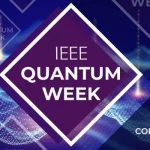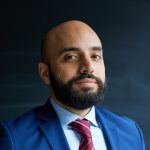Quantum News Briefs September 20: JPMorgan Chase is newest partner in Q-NEXT quantum research collaboration; D-Wave demonstrates large-scale coherent quantum annealing; Environmentally friendly quantum sensor runs on sunlight
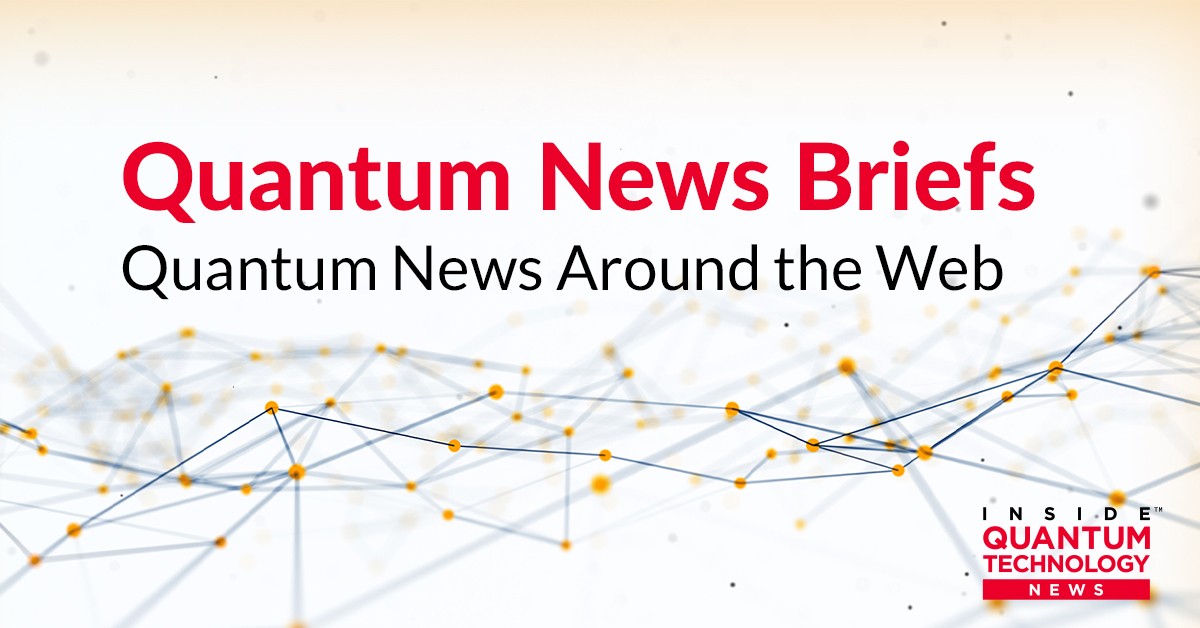
Quantum News Briefs opens today with the announcement that JPMorgan Chase is the newest partner in the Q-NEXT quantum research collaboration’ followed by D-Wave demonstration of large-scale coherent quantum annealing. Third is coverage of promising research from China on an environmentally friendly quantum sensor runs on sunlight.
*****
JPMorgan Chase is newest partner in Q-NEXT quantum research collaboration
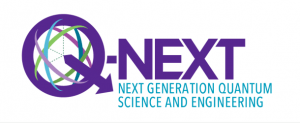 JPMorgan Chase, a leading global financial services firm with operations worldwide, has become a member of the Q-NEXT quantum research center. Quantum News Briefs summarizes below. The complete feature article on Argonne Labs may be read by clicking here.
JPMorgan Chase, a leading global financial services firm with operations worldwide, has become a member of the Q-NEXT quantum research center. Quantum News Briefs summarizes below. The complete feature article on Argonne Labs may be read by clicking here.
Q-NEXT is a U.S. Department of Energy (DOE) National Quantum Information Science Research Center led by DOE’s Argonne National Laboratory. With the addition of JPMorgan Chase, the Q-NEXT collaboration now comprises 27 institutional partners: 14 companies, 10 universities and three DOE national labs.
JPMorgan Chase will collaborate with Q-NEXT to advance the use of quantum technologies for fundamental algorithms and advance the state of quantum information research. Additionally, the firm is interested in engaging with community members to build algorithms specific to financial use cases for future impact and application.In 2020, JPMorgan Chase opened its Applied Research Lab to design and conduct research across multiple frontier technologies, enable novel discoveries and inventions, and inform and develop next-generation solutions for clients and businesses. Among many research areas, the program is focused on advancements across quantum computing and quantum communications. The program includes research in the area of quantum key distribution, a method in which two parties share a secret key to decode encrypted quantum information.
*****
D-Wave demonstrates large-scale coherent quantum annealing
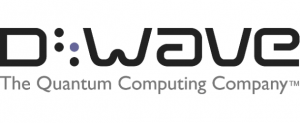 D-Wave (NYSE: QBTS), a leader in quantum computing systems, software and services, has published a peer-reviewed milestone study of the first large-scale demonstration of coherent quantum annealing. Quantum News Briefs summarizes here. The complete announcement can be read by clicking here.
D-Wave (NYSE: QBTS), a leader in quantum computing systems, software and services, has published a peer-reviewed milestone study of the first large-scale demonstration of coherent quantum annealing. Quantum News Briefs summarizes here. The complete announcement can be read by clicking here.
For the first time, the research exhibits dynamics of a quantum phase transition in a large-scale programmable quantum annealing processor using up to 2000 qubits in a D-Wave processor. This demonstration goes beyond the scale of any previous programmable quantum phase transition, opening the door to simulations of exotic phases of matter (unusual states of matter, outside of liquid, solid or gas, that make up the universe) that would otherwise be intractable.
The announcement reads, “The paper is a collaboration between scientists from D-Wave, the University of Southern California, the Tokyo Institute of Technology, and Saitama Medical Universityentitled Coherent quantum annealing in a programmable 2000-qubit Ising chain,’ was published in the peer-reviewed journal Nature Physics today and is available here. The study shows that the fully programmable D-Wave quantum processor can be used as an accurate simulator of coherent quantum dynamics at large scales. This was demonstrated showing the patterns of kinks’ separating correlated spins in almost perfect agreement with exact analytical solutions of the famous Schrodinger equation for an ideal quantum system, completely isolated from outside noise. The density and spacing of kinks depend on, among other things, the speed and quantumness’ of the experiment. Measurements of single-qubit parameters were shown to accurately predict the behavior of systems from 8 to 2000 qubits, demonstrating high levels of control in quantum simulations at all scales.”
*****
Environmentally friendly quantum sensor runs on sunlight
reports in Science News on a new, highly sensitive magnetic field sensors that eliminate the power-hungry lasers that previous devices have relied on to make their measurements and replaces them with sunlight. Quantum News Briefs summarizes below.
Lasers can consume 100 watts or so of power — like keeping a bright lightbulb burning. This innovation potentially untethers quantum sensors from that energy need. The result is an environmentally friendly prototype on the forefront of technology, researchers reported in an upcoming issue of Physical Review X Energy.
The device uses sunlight and not solar cells to convert light into electricity. Instead, the sunlight does the job of the laser’s light, says Jiangfeng Du, a physicist at the University of Science and Technology of China in Hefei. The new quantum sensor needs green light too. There’s plenty of that in sunlight, as seen in the green wavelengths reflected from tree leaves and grass. To collect enough of it to run their magnetometer, Du and colleagues replaced the laser with a lens 15 centimeters across to gather sunlight. They then filtered the light to remove all colors but green and focused it on a diamond with nitrogen atom defects. The result is red fluorescence that reveals magnetic field strengths just as laser-equipped magnetometers do.
Changing energy from one type to another, as happens when solar cells collect light and produce electricity, is an inherently inefficient process (SN: 7/26/17). The researchers claim that avoiding the conversion of sunlight to electricity to run lasers makes their approach three times more efficient than would be possible with solar cells powering lasers.
*****
European auto industry going quantum
 European automakers are partnering with quantum computing companies at an increasing pace. Quantum News Briefs summarizes this recent article by Tristan Green at TheNextWeb.
European automakers are partnering with quantum computing companies at an increasing pace. Quantum News Briefs summarizes this recent article by Tristan Green at TheNextWeb.
The European automobile industry has a long, rich history of technological innovation. From its onset with the Nesselsdorfer Wagenbau in 1898 to the masterpiece that is the 2023 McLaren Artura, Europe’s place at the cutting edge of the industry has never been questioned.
With that in mind, let’s contemplate the future. The next steps for the industry involve taking a quantum leap forward.
Despite the early hype, researchers and automobile makers have yet to crack the self-driving car nut. For every step companies such as BMW, Tesla, and Waymo take forward, it seems like hundreds of pop up that the AI is unable to deal with.
We’re probably still a long way off from building a quantum computer that can fit into a car where, presumably, it would act as its brain. But quantum speedup — the ability for quantum processors to perform calculations and/or run algorithms that a classical system couldn’t do in a useful amount of time — could offer advances in several foundational areas for autonomous vehicle systems.
Scientists at Terra Quantum AG, recently partnered with Volkswagen to find novel methods for using hybrid quantum neural networks to improve image recognition.
Pasqal, a Paris-based quantum startup also partnered up with BMW in another quantum-based endeavor. Together with the German-owned automobile maker, the company hopes to find new, lighter, more durable materials to build cars out of.
BMW and Volkswagen are early adopters out in front of the impending quantum computing hardware explosion, but you can be sure that every other major automobile maker also has a plan to get in on the action
At the end of the day, the future of the manufacturing industry at-large, not just the automotive sector, is quantum. But it might take awhile for things to really get moving. The good news, however, is that our analysis shows that car makers stand to benefit as pioneering partners with the rapidly-expanding European quantum startup economy.
*****
Sandra K. Helsel, Ph.D. has been researching and reporting on frontier technologies since 1990. She has her Ph.D. from the University of Arizona.







 James R. Riordon
James R. Riordon














